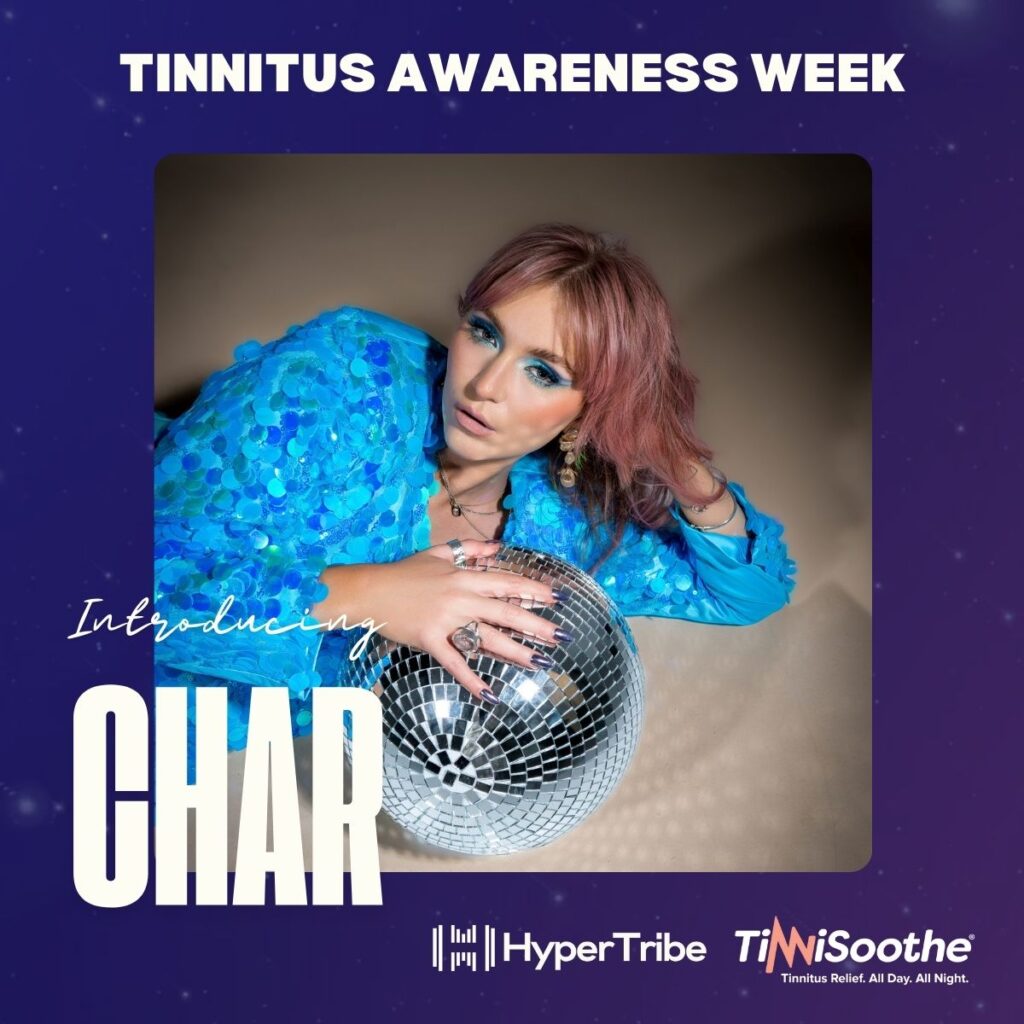The music industry is dynamic and competitive, providing countless chances for skilled people. However, proper advice can only make navigating a music career easy. This article will present the top ten music career guidance recommendations to help aspiring musicians achieve success and longevity. These ideas cover everything from Choosing the Right Genre to Building a Fanbase, which is critical for establishing a long-term and successful music career.
Choosing the Right Genre
Understanding Your Musical Style
Any aspiring musician must first understand their musical style. You should assess your strengths and shortcomings along with the market need for many genres. Knowing what distinguishes you and makes your music unique will help you decide which career path to follow. Invest some time investigating and listening to many genres to extend your musical horizons. This will enable you to choose the genre most suited to your artistic vision and most connected with you. Recall that developing your musical style is an exploratory trip inside yourself.
Researching Popular Genres
Regarding popular genres, keep educated and updated with the most recent developments in the music industry. Knowing the several genres and subgenres will enable you to choose the style that speaks to you most. Investigating several genres will help widen your musical horizons and inspire you. Learning the traits and aspects of many genres will also improve your creative songwriting abilities so you may include original ideas in your work.
Identifying Your Target Audience
Finding your target audience comes next once you know your musical style and have studied popular genres. Your target audience is the group of people most likely to value and relate to your music. Developing a solid music career depends on knowing your intended audience. Knowing your audience will help you match your marketing and musical activities to their interests and tastes.
Analyzing your current base’s psychographics and demographics will help you determine your target audience. Examine things such as age, gender, locality, and musical tastes. This material will provide insightful analysis of who your music best connects with. To get further specific knowledge about your fans’ interests and motives, consider interviewing or surveying them.
Having a clear image of your target audience will help guide your decisions. Everything you do, including the platforms you endorse and the music you produce, should complement the tastes and interests of your target market.
Recall that determining your target audience is an active process. Keep getting comments and modify your plans as your music changes and your following increases.
Building Your Brand: Music Career Advice Tips

Creating a Unique Image
Building your brand as a musician depends mostly on developing a distinctive image. Your image distinguishes you from other musicians and facilitates your connection with your intended market. To build a distinctive picture, start by knowing your musical style and the message you wish to transmit. This will direct your decisions on general aesthetics, fashion, and haircuts.
After your concept of your image is apparent, it’s time to create a distinctive logo. Your logo should capture your musical taste and look great. It will assist people in identifying you and act as a visual statement of your brand.
Apart from your logo, you really should have a constant internet presence. This covers maintaining current social media profiles and a professional website. Showcase your image, distribute updates about your music, and interact with your supporters via these sites.
Recall that your brand depends much on your image. It ought to be honest and accurate to the artist you are. Spend time carefully selecting your image to complement your values and music.
Crafting a Memorable Logo
A few primary considerations exist when designing a distinctive logo for your music companies. Your logo should, first and most importantly, reflect your particular style and image and be aesthetically pleasing. It should appeal to your target market and capture your music’s core. Making a logo that jumps out and makes a lasting impact depends on paying great attention to detail.
Apart from appearance, make sure your logo is scalable and flexible. This implies that it should appear well across several platforms and sizes, whether shown on a website, social media profile, or product. Achieving this adaptability usually depends on simplicity since complicated designs might only fit some scenarios.
Your logo’s color scheme is yet another crucial factor to consider. Colors may communicate messages and arouse feelings. Selecting colors that complement your brand identification and music genre can help improve brand recognition and make a powerful visual impact.
Finally, a logo should be clearly legible and easily identified. This means choosing a clear, readable font or typeface, especially at lower sizes. Your logo should be able to convey your business name properly, even without more text.
Recall that your logo is a visual statement of your music brand, so create a logo that captures your particular style and appeals to your target market.
Developing a Consistent Online Presence
In the digital age, musicians must consistently appear online. Since most music discovery occurs online, you must create a solid online presence to reach your audience and advertise your work correctly.
Networking and Collaboration For Music Career

Attending Music Industry Events
Attending events in the music industry is critical to developing your network and becoming noticed. These gatherings offer great networking opportunities with business leaders, other musicians, and possible partners. Networking is essential at these gatherings, so try to introduce yourself to as many people as you can and trade contact details.
Apart from networking, events in the music industry usually include panel discussions and seminars where one may learn from subject-matter experts. Use these learning opportunities to grow in expertise and gain industry insight. It’s also a fantastic approach to keeping current on the newest innovations and trends.
To make the most out of attending music industry events, here are a few tips:
- Research the event beforehand to understand the schedule and the speakers. This will help you plan which sessions to attend and maximize your time.
- Prepare your elevator pitch, which is a concise introduction highlighting your musical style and goals. This will come in handy when introducing yourself to industry professionals.
- Follow up with the people you meet at the event. Send a personalized email or connect on social media to maintain the connection and explore potential collaborations.
Attending music industry events can be a game-changer for your music career. It’s an opportunity to learn, network, and showcase your talent. So, take advantage of these events and make the most out of every opportunity.
Connecting with Other Musicians
Developing your music career depends critically on connecting with other musicians. Working with other musicians will help you to increase your network, open fresh ideas, and provide original musical experiences. Stories passed on among musicians can encourage innovation and strengthen community feeling. There are several ways to contact other musicians, from visiting music business events to joining internet communities or personally contacting artists.
Collaborating on Projects
A significant phase of your music career is collaborating with other artists. It lets you build income, widen your network, and get fresh ideas. Working with other gifted people allows you to produce original and creative music that appeals to a larger audience. Working on projects also will enable you to hone your abilities and learn from seasoned artists. Select partners who complement your musical vision and get along well. Good cooperation depends mostly on mutual respect and good communication.
Promoting Your Music: Music Career Advice Tips

Utilizing Social Media Platforms
Social media channels are essential for promoting your music. They have become a potent instrument for artists trying to reach their audience and get noticed. Creating interesting material and distributing it on sites like Instagram, Facebook, and Twitter will help you establish a solid online presence and reach a large audience. One should be aware of the several platforms, their unique characteristics, and their best practices for everyone. This will enable you to interact with your supporters and draw fresh listeners.
Creating Engaging Content
Producing compelling content is essential when advertising your music career. This is what will hold your audience’s attention and keep them coming back for more. So, how can you generate content that stays out?
Here are a few tips:
- Tell a story: Use your music and visuals to tell a compelling story that resonates with your audience. This could be through music videos, lyric videos, or even behind-the-scenes footage.
- Collaborate with other artists: Collaborating with other musicians or artists can bring a fresh perspective to your content. It can also help you reach a wider audience and gain new fans.
- Experiment with different formats: Feel free to try various formats for your content. This could include live performances, acoustic versions of your songs, or even covers of popular songs.
Remember that being honest with oneself is essential for developing compelling content. Your audience wants to connect with you on a deeper level, so feel free to express your personality and stories.
Getting Featured on Music Blogs
Once you have established your brand positioning and created a unique image, it’s time to focus on getting featured on music blogs. This can be a great way to increase your visibility and reach a wider audience.
Here are some steps you can take to increase your chances of getting featured:
- Research and identify music blogs that align with your genre and target audience.
- Build relationships with the bloggers by engaging with their content and leaving thoughtful comments.
- Please submit your music to the blogs following their submission guidelines.
- Personalize your pitch and highlight what makes your music stand out.
- Follow up with the bloggers after submitting your music to express your gratitude and inquire about the status of your submission.
Remember, featuring on music blogs can provide valuable exposure and credibility for your music career. It’s essential to approach this process with professionalism and persistence.
Read Also: Understanding Music Copyright Laws: What Artists Need to Know
Building a Fanbase For Music Career

Engaging with Your Audience
Developing a committed fan base and advancing your music career depends on your audience’s engagement. Engaging your supporters on social media lets you interact with them and express thanks for their support. Responding to comments, emails, and direct contacts indicates respecting their participation and fostering community. Planning live events also allows you to meet your supporters and personally create unforgettable experiences. This improves your relationship with your current supporters and attracts more ones.
Organizing Live Performances
A good music career depends on the effective organization of live events. The title of your presentations is crucial in attracting an audience. It needs to be appealing and capture your musical style. Also, consider the location and venue for your presentations. Select locations with a strong reputation for holding live music events that fit your intended audience. The title will greatly influence the general success and turnout of your events.
Offering Exclusive Content to Fans
Maintaining a devoted following is crucial once you have developed it and made them happy with your music. One approach to accomplishing this is giving your followers special materials. These can contain unreleased tunes, behind-the-scenes videos, or even items only accessible to your most committed followers. Offering unique materials helps your supporters feel unique and like they belong.
Knowing they are acquiring something others cannot access makes one excited and anticipatory. Exclusive remixes or limited edition vinyl releases provided by industrial musicians to their supporters further enhance the unique experience of participating in their community. Any musician trying to launch a profitable career in the music industry must first develop a following. All additional possibilities are constructed on this basis.
How can you be successful in a music career?
To succeed in a music career, develop your abilities through regular study and practice. To appeal to a larger audience, network with business professionals, and establish a strong web presence. Create innovative material, schedule consistent performances, and remain flexible in response to market trends. Maintaining a long-term career in music requires dedication, endurance, and enthusiasm.
How do you know if a music career is right for you?
A music career may be perfect for you if you have a strong passion for music, enjoy performing or making music, and are prepared to put in the effort and perseverance required to succeed in a competitive industry. Furthermore, you have received positive comments from others and have an incredible feeling of accomplishment when participating in musical activities. In that case, it may indicate that this career is right for you.
Conclusion
To summarise, a successful music career involves effort, ongoing study, and strategic planning. Following these top 10 music career advice recommendations will help aspiring musicians manage the industry’s hurdles and reach their ambitions. Stay devoted, knowledgeable, and, most importantly, enjoy the process of creating music.
At HyperTribe Ltd, we understand the importance of building a solid fanbase, and that’s why we provide valuable insights and tips on how to do it. Our blog is dedicated to helping musicians access the music industry and achieve their dreams. Whether you’re a new artist or an experienced musician, our articles cover various topics that can help you navigate the industry and make the right connections. Join HyperTribe membership and start your journey towards a successful music career today!



